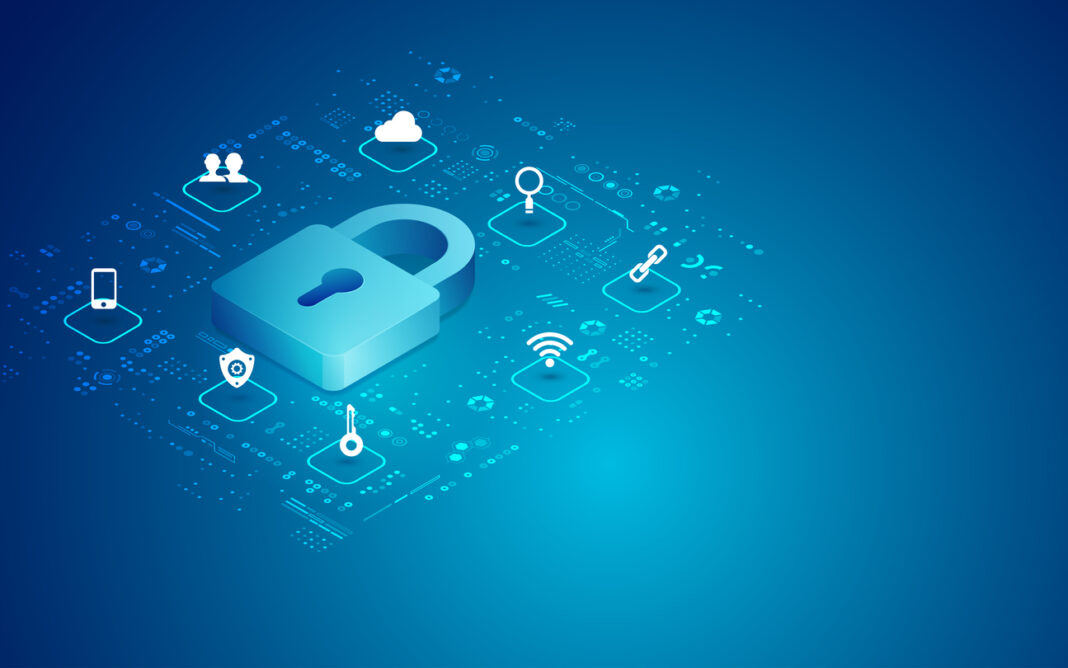New data released in Stay Smart Online Week, 8-14 October, shows that despite being digital natives, Millennials are most likely to fall victim to cybercrime.
Each year, the number of Australians impacted by cybercriminals continues to rise. In 2017, over 6 million adult Australians were impacted by cybercrime, according to the Norton Cyber Security Insights Report.
Alastair MacGibbon, Head of the Australian Cyber Security Centre, said that even though digital natives have grown up with technology as an integral part of their lives, they need to take more care of their online information. “That’s why this year, Stay Smart Online Week is focusing on the simple actions we can make to reverse the threat of cybercrime,” said Mr MacGibbon.
Internet security company Norton by Symantec released new data on 11 October. Norton Senior Director, Mark Gorrie said their research shows that 46% of Millennials fell prey to cybercrime, putting them in the lead as the most common group to be targeted.
“While digital natives grew up with internet access, the data reveals they are also the most relaxed when it comes to their digital hygiene with basic and free security measures being ignored,” Mr Gorrie said.
The report revealed 37%of Millennials admitted to having at least one device without any protective measures and were the group most likely to share their password. Nearly 42% said at least one other person knew the code to access their smartphones, while 37% had shared the login details to their laptops. This is in significant contrast to Gen X users, where only a quarter had shared the passwords to their smartphones and laptops.
Mr MacGibbon said that strong, unique and private passwords are a key weapon in the fight against cybercrime.
“We learn how to protect ourselves in the offline world and there are some very simple offline habits that we can apply in our online space,” Mr MacGibbon said.
“Passwords are like keys, instead of unlocking your door, they unlock your online life.
“In the offline world we have a different key for our house to our cars and our boss gives us a different key for the office. It’s exactly the same for our passwords – we should have a different password or, better still, passphrase for each of our accounts
“It means if a criminal happens to chance upon one of your passwords because they have stolen it or you’ve given it to them accidentally, they can’t get into all of your accounts.
Mr MacGibbon said the good news is password hygiene is easy to do. Just remember these three things: create strong passphrases; use a different password across all of your accounts; don’t share your password with anyone.
The Stay Smart Online website has a broad range of simple tips on how to improve your online security, including how to create stronger passwords, to reverse the threat of cybercrime.
For further information on what you can do to help reverse the threat of cybercrime, visit staysmartonline.gov.au/reversethethreat
For more:



